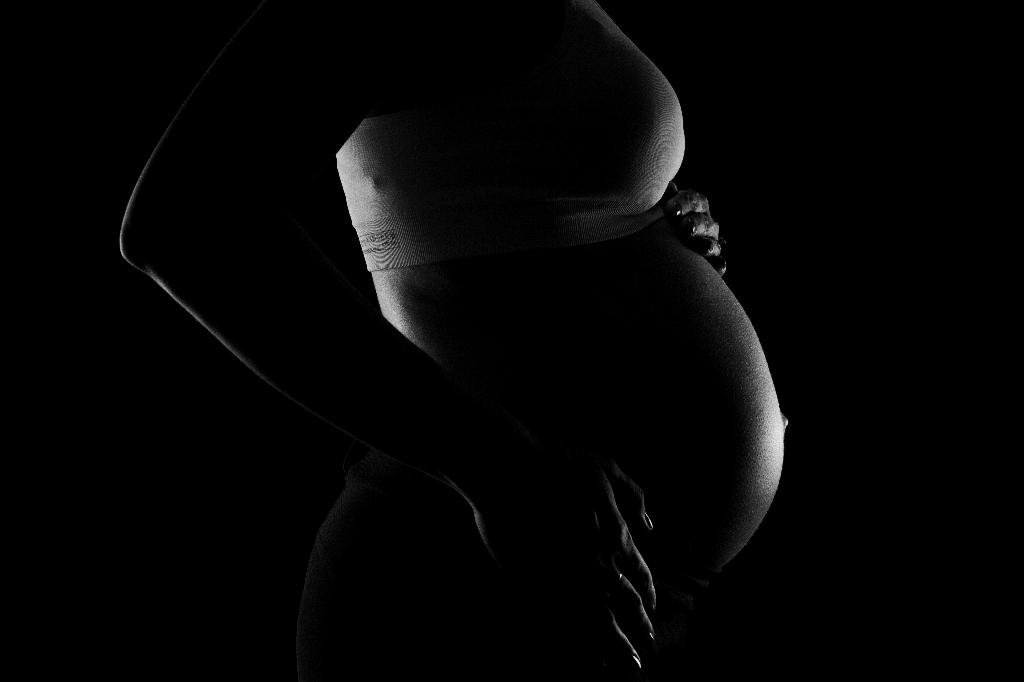When contemplating the question of how long an ectopic pregnancy can last before it ruptures, it is crucial to acknowledge the potentially severe consequences associated with this condition. Ectopic pregnancies occur when the fertilized egg implants outside of the uterus, most commonly within the fallopian tubes. The major concern in such cases is the risk of rupture, which can lead to significant internal bleeding and necessitate immediate medical intervention.
One critical aspect to consider is the timing of diagnosis in ectopic pregnancies. Early detection plays a pivotal role in preventing complications such as tubal rupture. Typically, healthcare providers aim to identify ectopic pregnancies in their early stages through ultrasound examinations and blood tests to monitor hormone levels.
Research indicates that the risk of rupture in ectopic pregnancies increases as gestational age progresses. For instance, studies suggest that up to 16% of tubal ectopic pregnancies exhibit signs of rupture by the sixth week of gestation. This highlights the importance of swift and accurate diagnosis to mitigate the risk of rupture and its associated complications.
In cases where an ectopic pregnancy goes undiagnosed or is misinterpreted as an intrauterine pregnancy during initial ultrasound assessments, the potential for rupture poses a serious threat. The scenario of an ectopic pregnancy progressing to 15 weeks without proper identification underscores the challenges that can arise when the condition is not promptly recognized.
It is essential for individuals who suspect they may have an ectopic pregnancy to seek immediate medical attention. Symptoms such as abdominal pain, vaginal bleeding, dizziness, and shoulder pain may indicate a possible ectopic pregnancy and should not be ignored. Early intervention can significantly reduce the risk of rupture and its associated complications.
The timeline before an ectopic pregnancy ruptures can vary significantly depending on various factors, including the location of implantation, the individual’s health status, and the effectiveness of medical intervention. While some ectopic pregnancies may rupture earlier in gestation, others might persist without rupture for an extended period.
Healthcare providers play a crucial role in the timely diagnosis and management of ectopic pregnancies to prevent complications such as rupture. By employing diagnostic tools such as ultrasound and monitoring hormone levels, medical professionals can identify ectopic pregnancies early and implement appropriate treatment strategies to safeguard the individual’s health.
Individuals who have undergone fertility treatments or have a history of pelvic inflammatory disease are at an increased risk of experiencing an ectopic pregnancy. Understanding the potential risk factors and being vigilant about symptoms can aid in prompt diagnosis and intervention to minimize the chances of rupture.
The emotional impact of experiencing an ectopic pregnancy can also be profound, as individuals navigate the complexities of infertility, loss, and medical treatment. Seeking emotional support and counseling can be beneficial for individuals coping with the challenges associated with ectopic pregnancies and their potential complications.
In conclusion, the duration before an ectopic pregnancy ruptures is influenced by various factors, with early diagnosis and intervention playing a critical role in preventing rupture and its consequences. Timely medical assessment, awareness of symptoms, and proactive healthcare measures are key aspects in managing ectopic pregnancies effectively and safeguarding the well-being of individuals experiencing this challenging condition.

